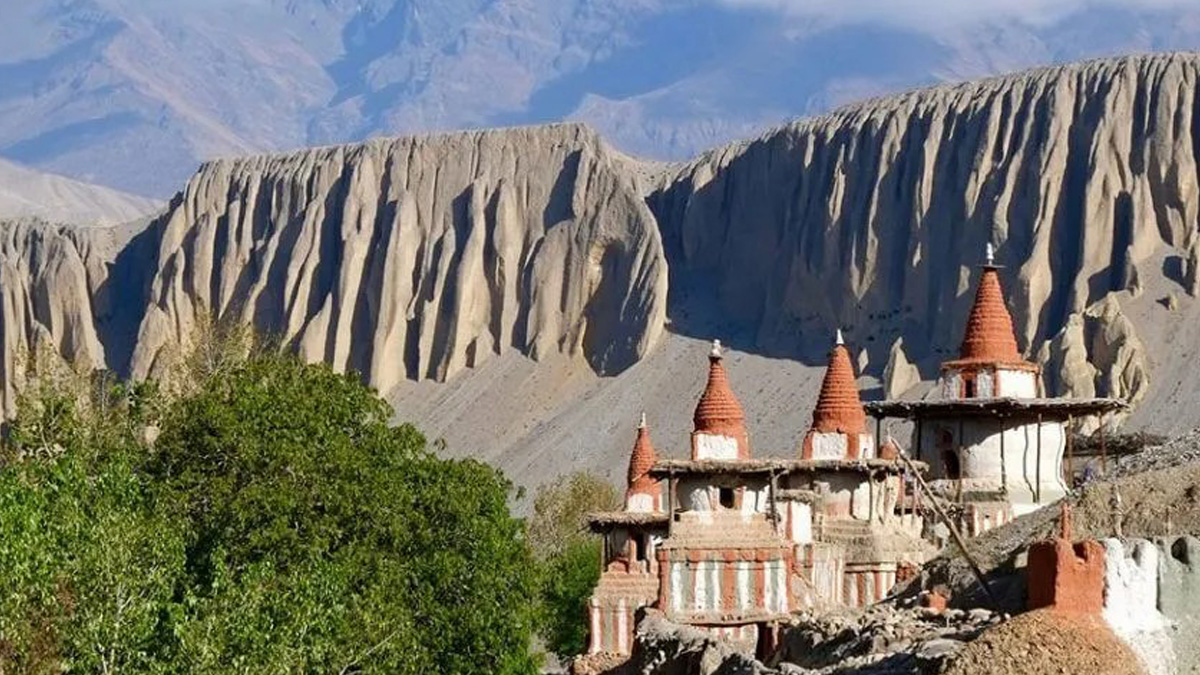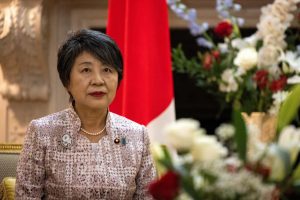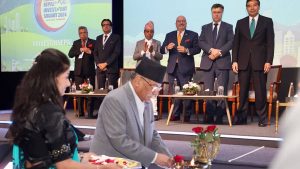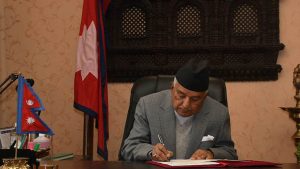
China-Related Security Issues Dampen Tourism Enthusiasm in Mountainous Nepal
The tourism business in Nepal has experienced a decline following the government’s decision to restrict access to major tourist mountain areas in the country due to security concerns related to China. The government has designated specific areas in five Himalayan districts as off-limits for tourists and introduced a permit system with associated fees and conditions.
The prohibited areas include the upper part of the Mustang district, upper part of the Dolpa district, Chum and Nubi Valley in the Manaslu area of Gorkha district, some locations in Simkot, Chankheli, and Namkha Gapa in the Humla district, and the Kanchenjunga area of Taplejung district.
Foreign tourists wishing to visit the upper part of the Mustang district are required to pay a flat fee of $500 per person for a 10-day stay, with an additional charge of $50 per person per day for stays exceeding five days. Similarly, those interested in the upper part of the Dolpa district must pay a lump sum of $500 per person for 10 days, with a $50 per person per day charge for stays exceeding five days.
For tourists looking to explore Chum and Nubi Valley in the Manaslu region of Gorkha district, the fees are $100 per week from September to November, with an extra $15 per person per day for stays beyond one week. From December to August, the fee is $75 per week, with an additional $10 per day charge for stays extending a maximum of one week.
Foreign tourists interested in visiting some locations in Simkot, Chankheli, and Namkha Gapa in Humla district are required to pay $50 per person for one week, with an additional charge of $10 per person per day for stays up to one week. Those wanting to explore the Kanchenjunga area of Taplejung district must pay $20 per person per week for up to four weeks, with a $25 charge for stays exceeding four weeks.
Despite being a preferred destination for tourists, the expensive and convoluted process has led to a decline in the tourism business in these areas. Tourism Minister Sudan Kirati has expressed concern that the numerous restricted zones may make foreign tourists feel uneasy when visiting Nepal. He emphasized the importance of tourism for Nepal’s prosperity and acknowledged the need to address the issues caused by the restricted areas, including the high cost of permits.
Minister Kirati also highlighted the urgency of addressing climate change in the Himalayan region and the need to protect the mountains. He pointed out that waste left by Himalayan climbers is affecting the cleanliness of the mountains and called for measures to mitigate this problem.
Additionally, Minister Kirati noted negative publicity regarding ‘fake rescue’ operations in the Himalayan region, which have had a detrimental impact on the reputation of Nepal among foreign tourists. He urged both private and government sectors to take this issue seriously and work towards solutions. Minister Kirati mentioned his efforts to address these concerns, including discussions with the Prime Minister to facilitate improvements in the tourism sector.















Comments